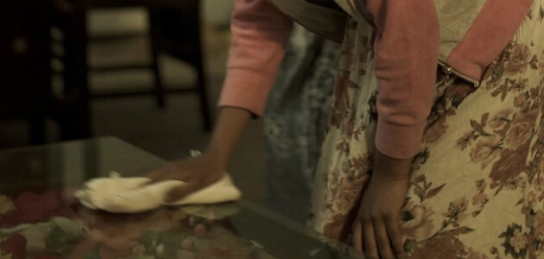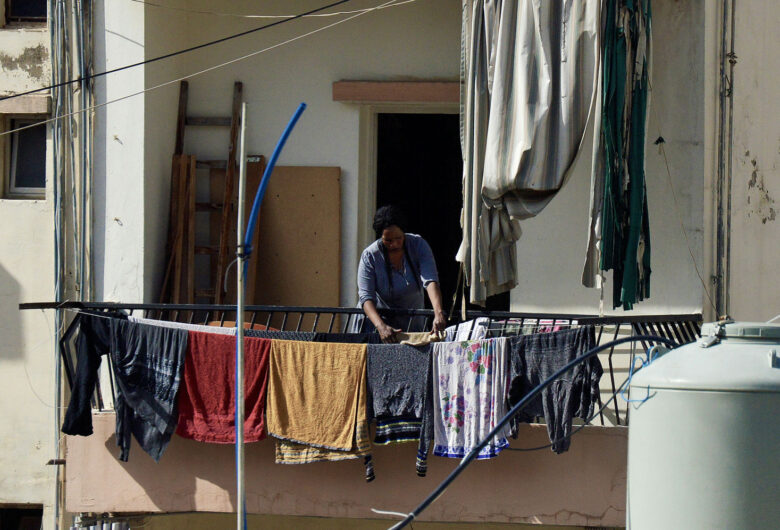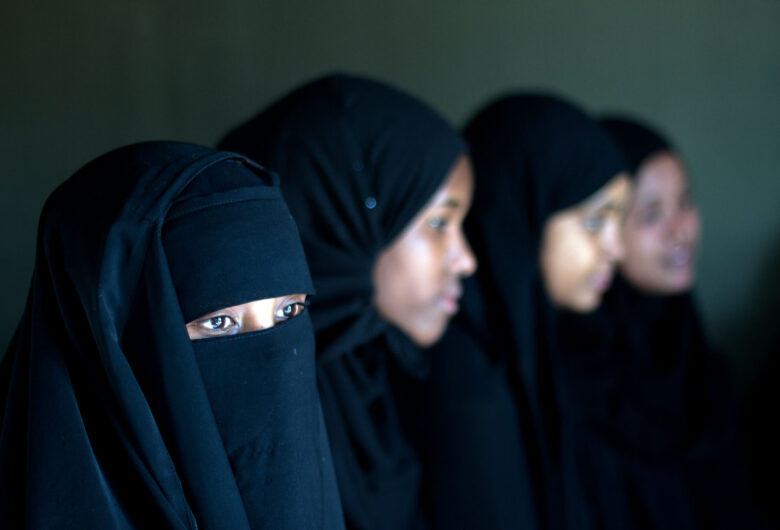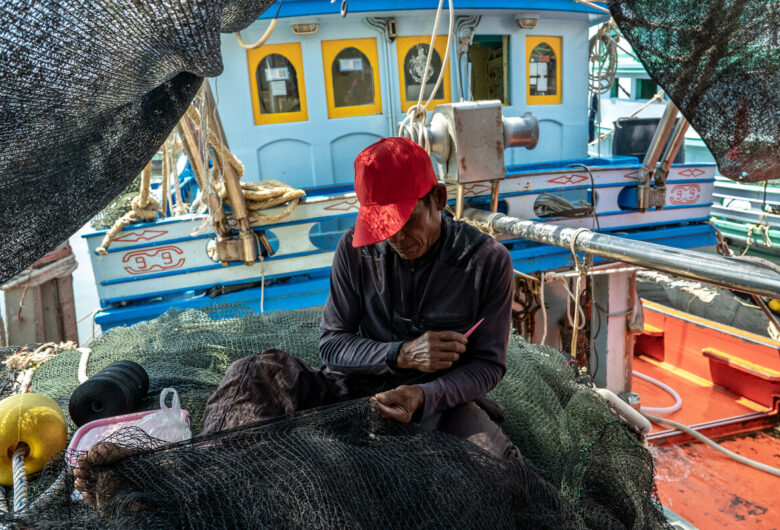
Child domestic work
Child domestic work takes place when a minor is employed in another person’s household. It becomes a form of modern slavery when a child is subjected to harmful circumstances or abuse, such as working at a very young age, excessive hours, hazardous tasks, violence and neglect, or other conditions that impair a child’s development.
Child domestic workers are children and adolescents who work in other people’s households, doing domestic chores, caring for children and other family members as well as other tasks. They may be paid for their work in cash or in kind and, while some live independently of their employers, they typically live in the home of their employer.
While it is not always exploitative or harmful for an adolescent to do domestic work, certain forms of child domestic labour are considered to be ‘domestic servitude’. Situations of domestic servitude occur when the child faces exploitative and harmful working conditions, such as excessive control and confinement, physical and sexual abuse, and long hours. Exploitation also occurs when a child is employed a young age, prevented from accessing education, endures emotional and development harm, or is unable to leave the job
The large majority of child domestic workers come from poor families and, particularly in societies lacking social protection safety nets, are sent to work to supplement their family’s income or simply to lessen the financial strain at home. Typically, the traffickers emphasise the prospect of access to education.
‘Push’ factors for child labour include the desire to escape from domestic violence, to flee an early marriage, FGM or the cultural motivations of parents to send their girls into safer situations in advance of married life.
In most countries, child domestic work is highly gendered, with girls socialised from an early age to take on domestic and care responsibilities.
Our impact
We are a catalyst in the global effort to end modern slavery. We measure what works, we learn from our results, and we share our knowledge.
Our work

Kenya



